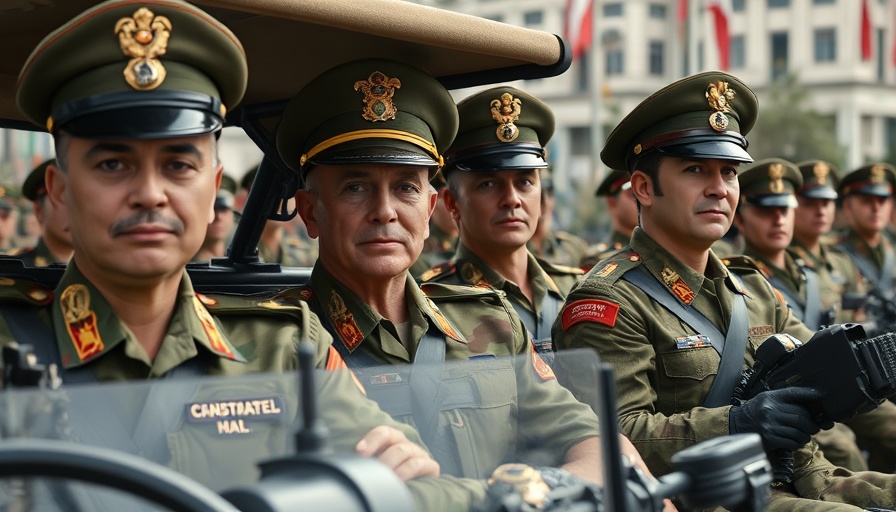
The Tactical Response to Armed Groups in Benin
In recent years, Benin has faced a wave of challenges with armed groups at its northern borders, significantly impacting the stability of its territory. President Patrice Talon’s administration is now under pressure to respond effectively, as earlier military engagements have resulted in difficult outcomes. Collaborations with private military contractors, alongside support from France and the European Union, have become crucial elements in rebuilding the army’s capabilities. This strategic pivot reflects a growing reliance on international partnerships to manage internal security challenges.
Private Sector Involvement in National Defense
The engagement of private security firms in national defense highlights a contemporary shift in military operations. These contractors often provide specialized skills and services that state military forces might lack, such as advanced training and equipment. This partnership approach is not without its controversies; some analysts argue it raises concerns regarding accountability and governance. Nevertheless, the urgent need for effective military response has propelled these collaborations into the spotlight.
The Role of International Support in Benin's Security
With the increasing threats posed by terrorism and organized crime, international support has galvanized efforts to strengthen Benin's armed forces. Programs initiated by France include the procurement of reconnaissance aircraft and armored vehicles, indicating an escalation in military capabilities. The European Union's aid also plays a significant role, providing financial support essential for operational enhancements. Ultimately, these international partnerships aim to bolster not only military effectiveness but the broader context of governance and stability within the region.
Challenges Ahead: The Necessities of Governance and Human Rights
As Benin seeks to improve its military performance, attention must also focus on governance and human rights. The past discontent among civilians due to various government policies calls for a balanced approach. Military success cannot be solely about defeating armed groups; restoring faith in governance structures and ensuring respect for human rights will be equally essential. The new strategies must be sustainable, addressing not just immediate threats, but also the underlying societal issues that fuel dissent.
Future Insights: The Path for Rebuilding
Looking ahead, Benin's military reconstruction must integrate lessons learned from previous operations and the inputs of local populations. Effective conflict resolution, enhanced through community engagement and dialogue, could prevent the emergence of new threats. This foresight should include educating the youth about peacebuilding and conflict resolution, recognizing that long-term stability is a collective responsibility. Additionally, emphasizing transparency in military engagements will foster trust among citizens, ensuring a more inclusive governance style.
As Benin navigates these tumultuous waters, it is imperative for professionals across sectors to understand the complexities of the military and governance relationship. A unified approach not only strengthens the military but also empowers citizens and fosters a robust democratic framework.
 Add Row
Add Row  Add
Add 




Write A Comment